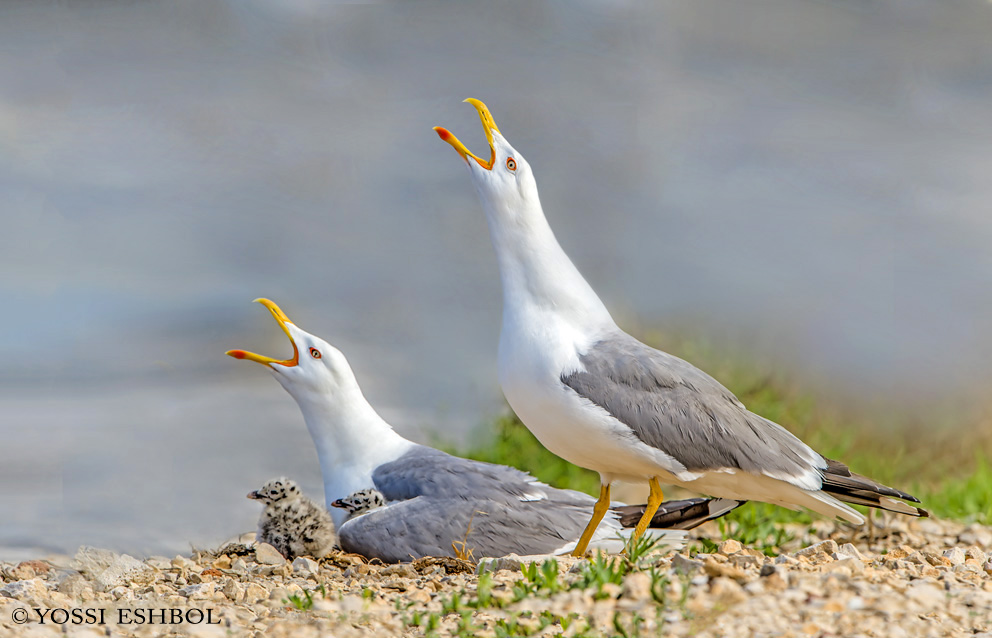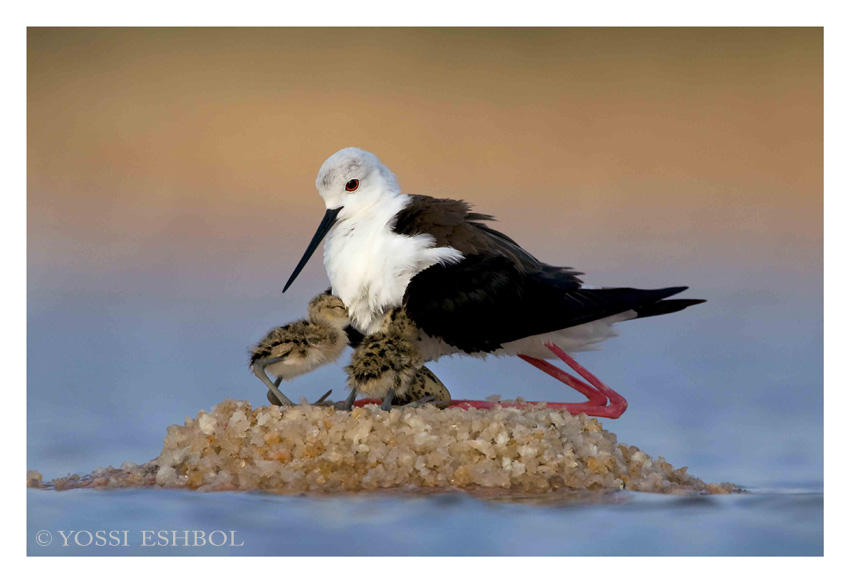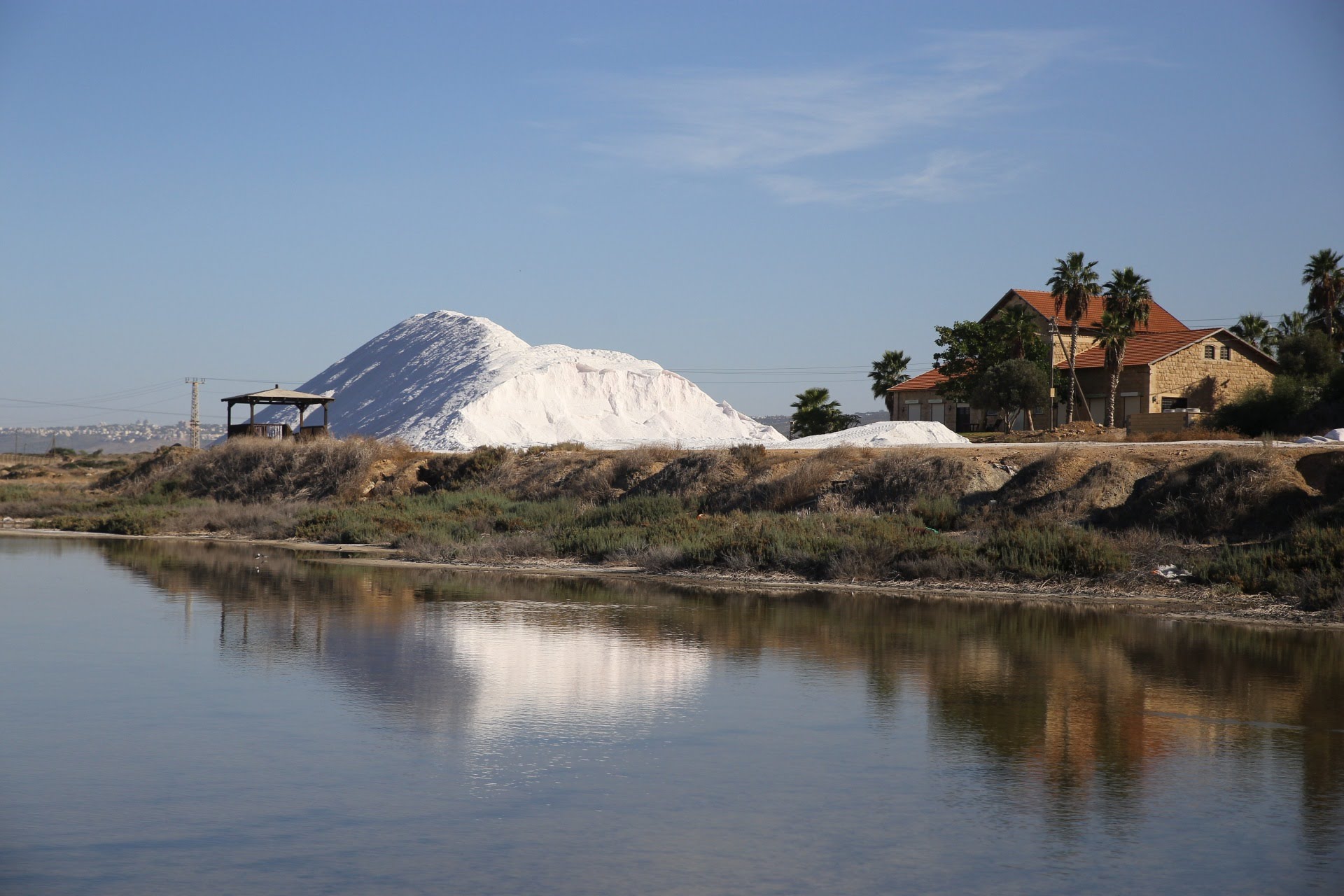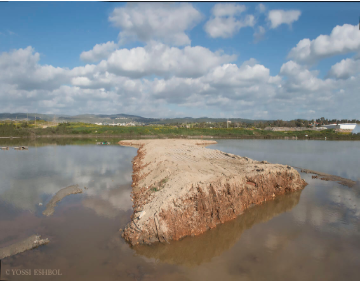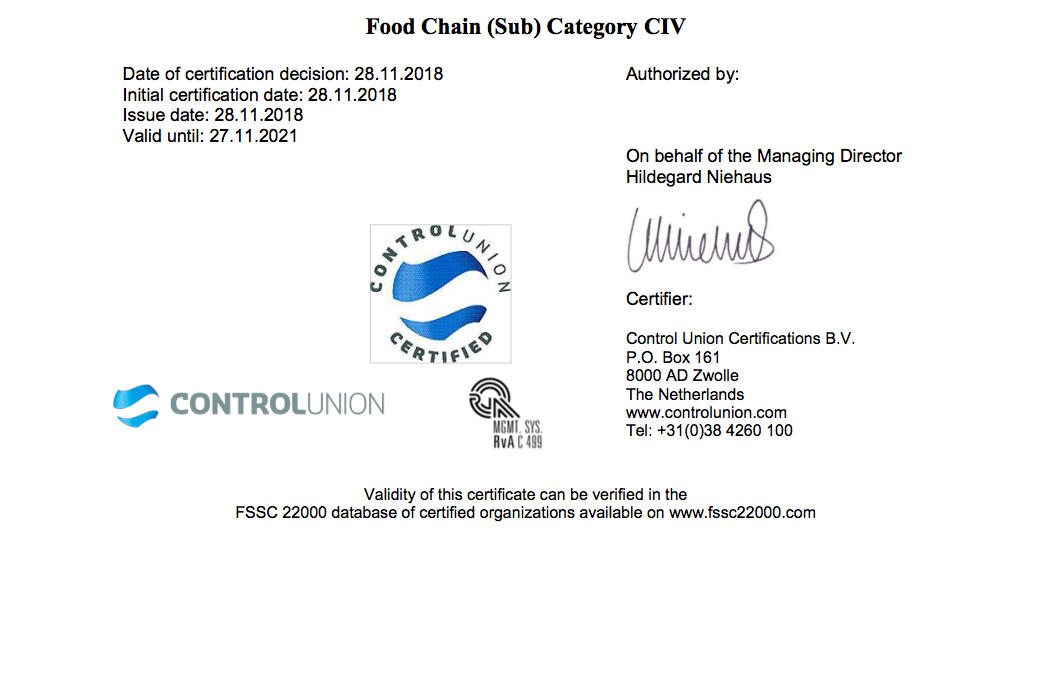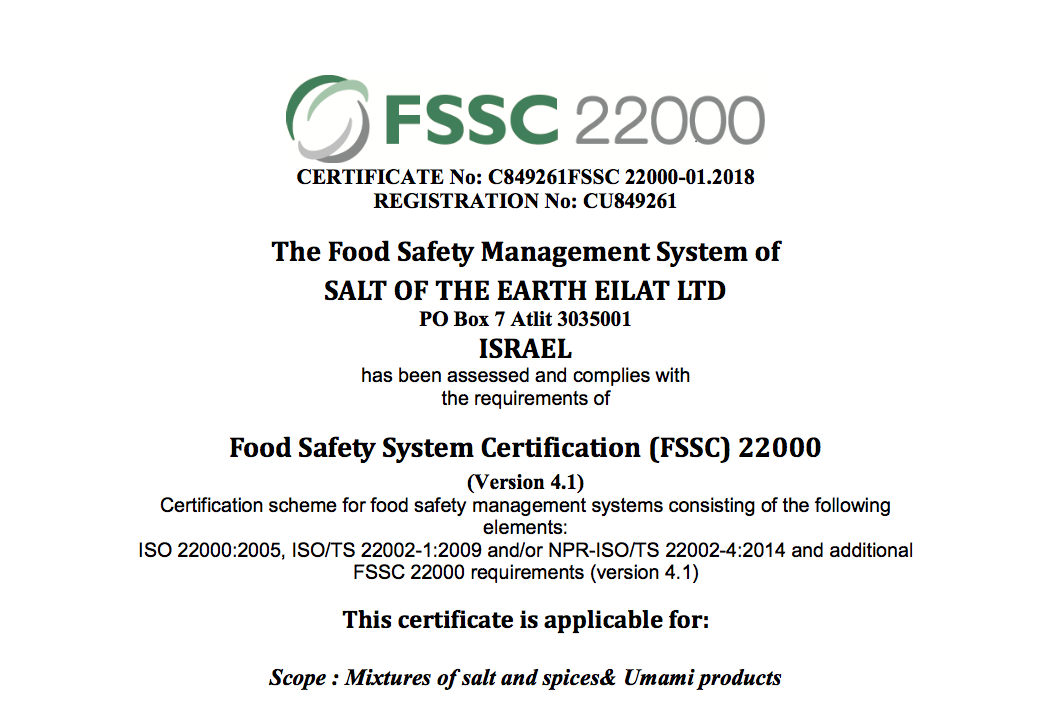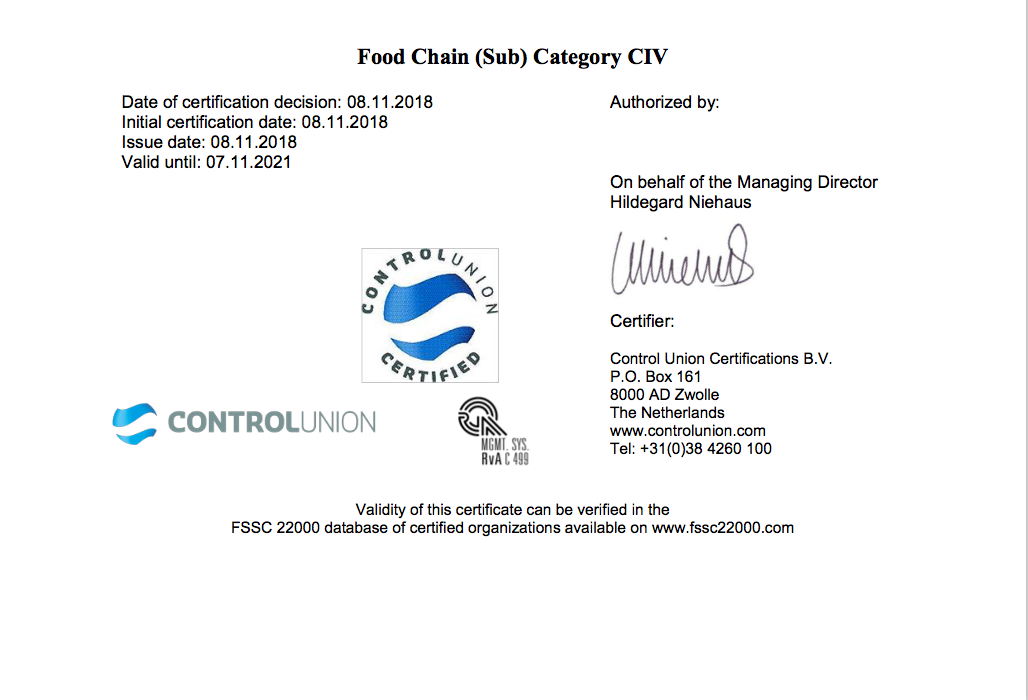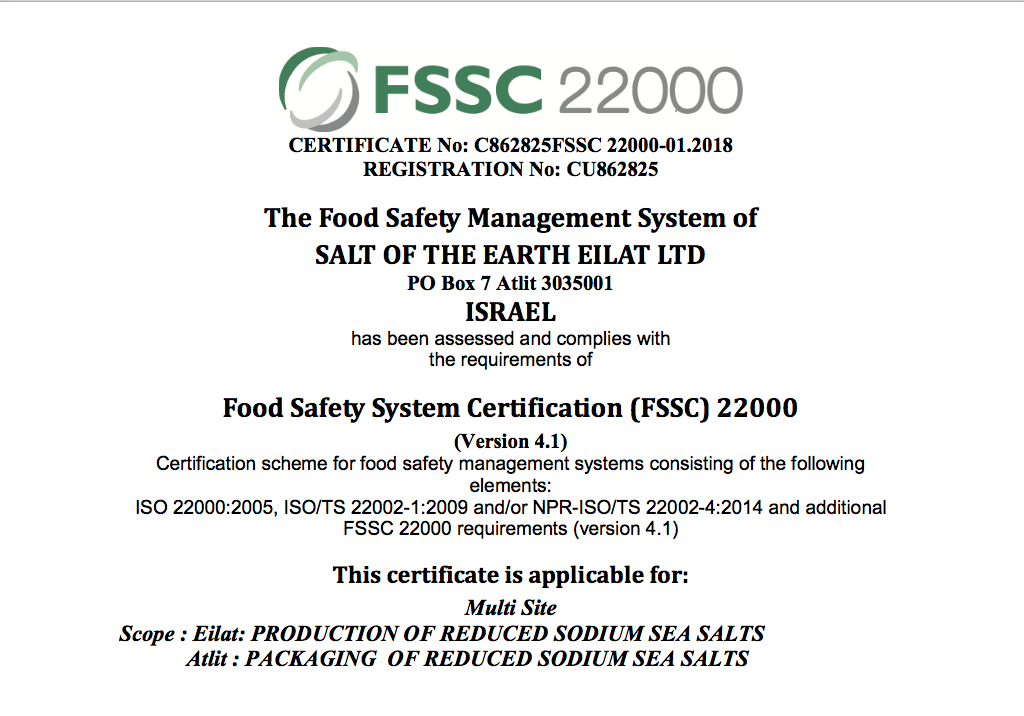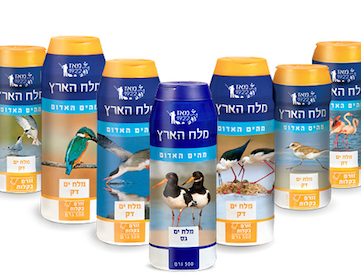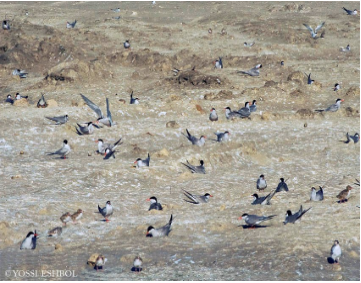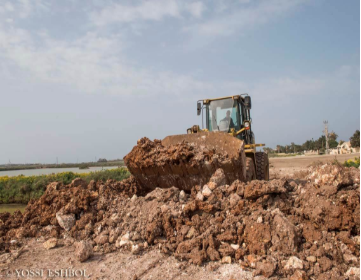Water and Salt
From Underwater Pumping to Crystallization
This stage is the first and primary milestone in salt production. It entails diligent management, control, and monitoring of the flow of water and of the system of evaporation ponds. Seawater, the sole raw material in the production process, is pumped and sent to the upper evaporation ponds. Water flows from these ponds down a natural inclination, with precise monitoring of the concentration of salt in the solution, through a series of ponds, to the crystallization ponds. In this stage the company focuses on:
1. Mitigation of Environmental Impact
As part, of its sustainability philosophy, Salt of the Earth considers managing its impact on the environment as highly important. The Company promotes management of environmental aspects in salt production and processing, as well as product marketing, with emphasis on sustainable management of water resources in the pumping process, increasing efficiency, and energy conservation, minimizing water consumption and waste, recycling of raw materials and preservation of biodiversity in the areas in which it operates. The Company measures and monitors its consumption of materials and resources, in order to save and reduce consumption levels, while maximizing and handling byproducts responsibly
2. Conservation of Biodiversity, with Emphasis on Water Birds and Fish
Salt of the Earth acknowledges the value of the extensive and unique biodiversity in its areas of activity and is meticulous in its efforts to protect it. At the same time, the Company promotes practical dialogue and the creation of shared value with relevant stakeholders such as the Society for the Protection of Nature in Israel, Nature and Parks Authority, and the Eilat Bird-Watching Center.
3. Expanding the Circles of Influence on Civil Society Organizations
As part of the effort it invests in preserving the biological diversity unique to the salt ponds, Salt of the Earth cooperates with the Society for the Protection of Nature in Israel (SPNI), Nature and Parks Authority, and leading experts, in preserving the bird population around its Atlit and Eilat sites



